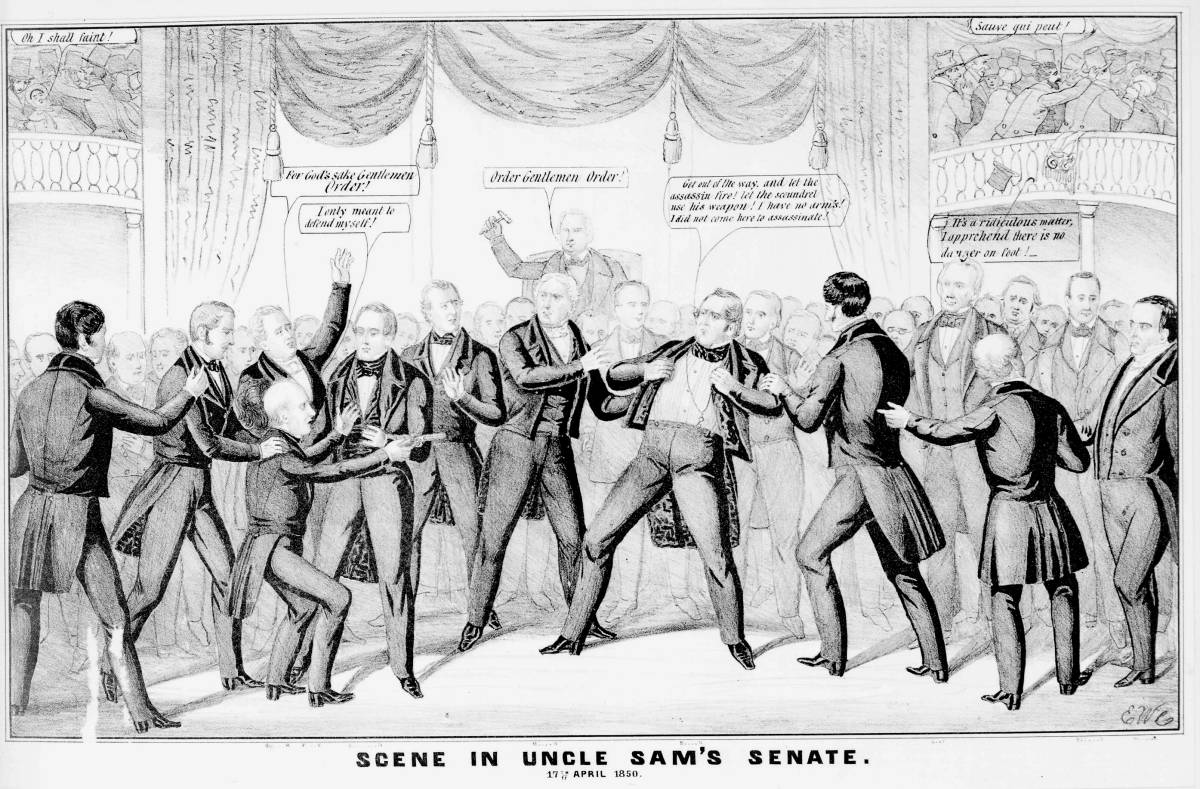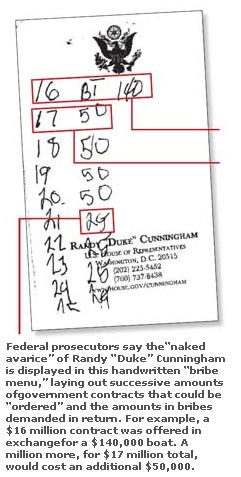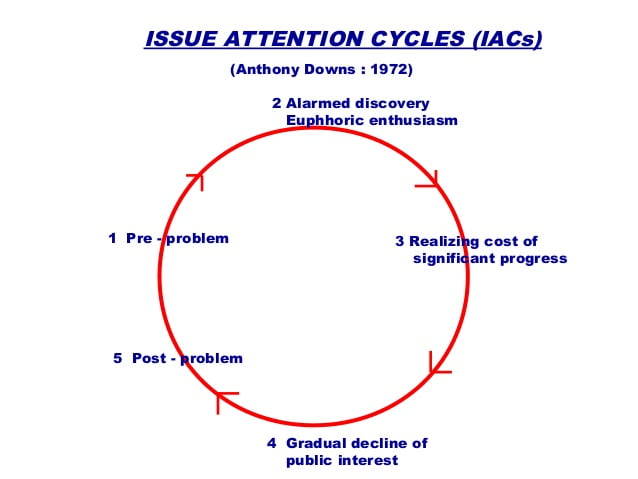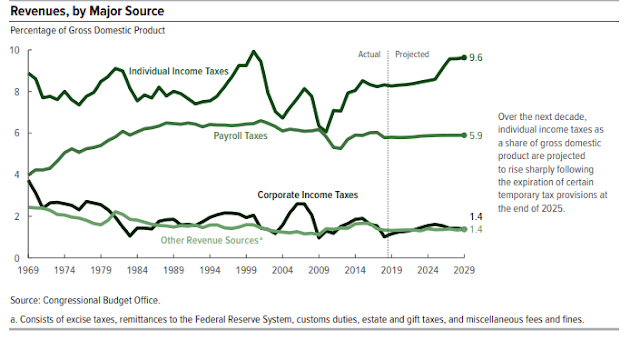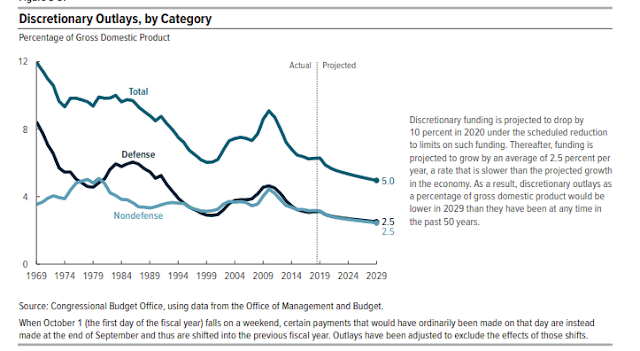The contemporary relevance of Profiles. Dana Milbank in The Washington Post:
Mixed opinions on civility and compromise
Norris
The landing of the Mueller report after the administration’s initial misdirection revived a debate about whether President Trump’s actions are impeachable.
But we don’t have to wonder. A president already has been impeached for something similar.
In 1868, the House impeached President Andrew Johnson because of his firing of Edwin Stanton as secretary of war and, at root, Johnson’s thwarting of Reconstruction. But Article X against Johnson (the Senate eventually acquitted him of all charges) seems written for the current moment:
Johnson, “unmindful of the high duties of his high office and the dignity and proprieties thereof,” it said, sought “to bring into disgrace, ridicule, hatred, contempt and reproach, the Congress of the United States.” On several occasions, it added, Johnson declared “with a loud voice certain intemperate, inflammatory and scandalous harangues, and did therein utter loud threats and bitter menaces” against Congress and U.S. laws “amid the cries, jeers and laughter of the multitudes then assembled.AFTER THE SIMULATION AND THE WHOLE COURSE, I HOPE YOU HAVE A DEEPER APPRECIATION FOR OUR CLASS ANTHEM.
Mixed opinions on civility and compromise
Norris
Congress and Progressive Reforms
16th Amendment
17th Amendment

Taft
16th Amendment
17th Amendment

Taft
- Prewar isolationism
- And why JFK downplayed that side of the story
- Nuremberg (start video at 11:00)
- Taft against NATO
- The story that led to the LBJ-RFK feud
On October 29, 1940, Congressman Lyndon Johnson happened to be in President Franklin Roosevelt’s office when FDR’s isolationist ambassador to London, Joseph Kennedy—at whom Roosevelt was furious for his freelancing and his insufficient outrage against Adolf Hitler—returned to the United States. LBJ omits the detail that as FDR invited Kennedy by telephone for dinner, he drew his finger across his throat, razor fashion. Johnson twits Roosevelt for his indifference to civil rights, contrasting that unfavorably with LBJ’s own record.
I was with President Roosevelt the day he fired Joe Kennedy. He picked up the phone and said, “Hello, Joe, are you in New York? Why don’t you come down and have a little family dinner with us tonight?” Then he hung up and said, “That son of a bitch is a traitor. He wants to sell us out.” Well, Kennedy did say Hitler was right.
Anyway, Roosevelt didn’t have any Southern molasses compassion. He didn’t get wrapped up in going to anyone’s funeral. Roosevelt never submitted one civil rights bill in twelve years. He sent Mrs. Roosevelt to their meetings in their parks, and she’d do it up good. But President Roosevelt never faced up to the problem.Inherent limitations of Congress:
- Except in simulation, legislation is slow. (And swift action is not necessarily smart action.)
- In a body resting on geographic representation, parochialism is inevitable. (And it is often legitimate.)
- A multi-member, bicameral institution will have a hard time planning. (And planning is overrated.)
Although the public good was the indirect beneficiary of his sacrifice, it was not that vague and general concept, but one or a combination of these pressures of self-love that pushed him along the course of action that resulted in the slings and arrows previously described. It is when the politician loves neither the public good nor himself, or when his love for himself is limited and is satisfied by the trappings of office, that the public interest is badly served.
...
This is not to say that courageous politicians and the principles for which they speak out are always right. John Quincy Adams, it is said, should have realized that the Embargo would ruin New England but hardly irritate the British. Daniel Webster, according to his critics, fruitlessly appeased the slavery forces, Thomas Hart Benton was an unyielding and pompous egocentric, Sam Houston was cunning, changeable and unreliable. Edmund Ross, in the eyes of some, voted to uphold a man who had defied the Constitution and defied the Congress. Lucius Lamar failed to understand why the evils of planned inflation are sometimes preferable to the tragedies of uncontrolled depression. Nor-
ris and Taft, it is argued, were motivated more by blind isolationism than Constitutional principles.

